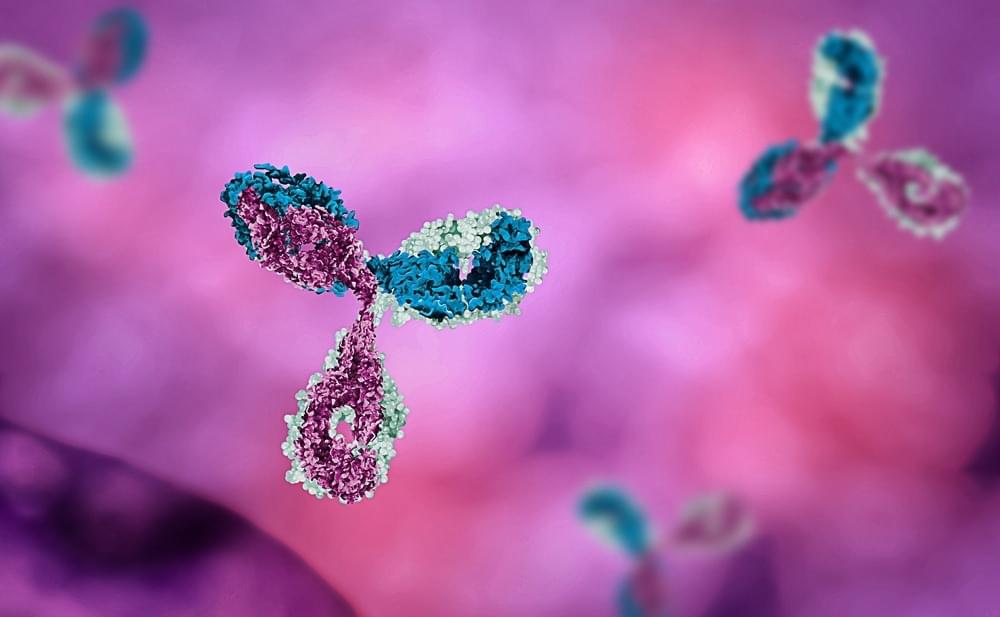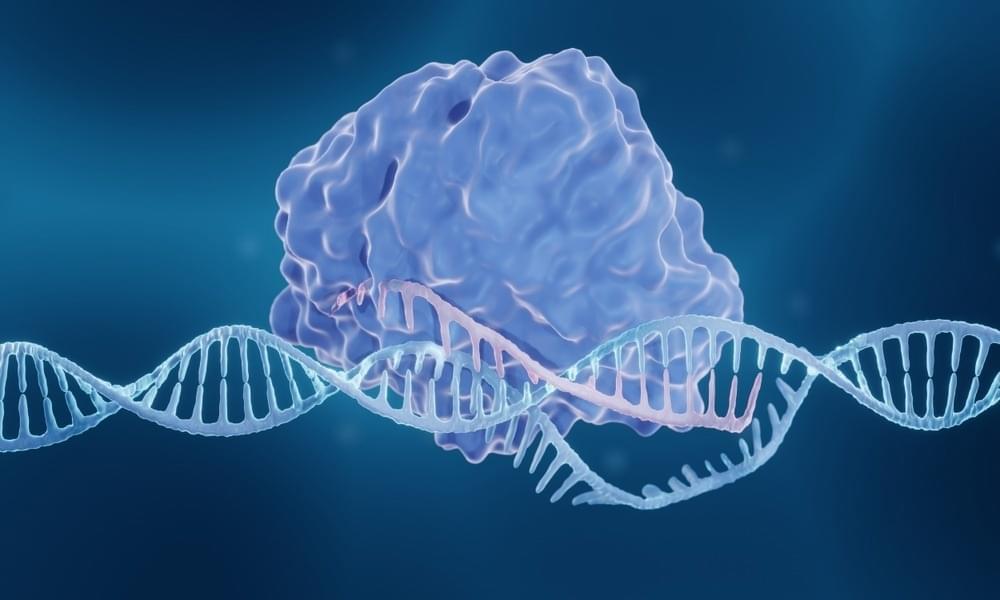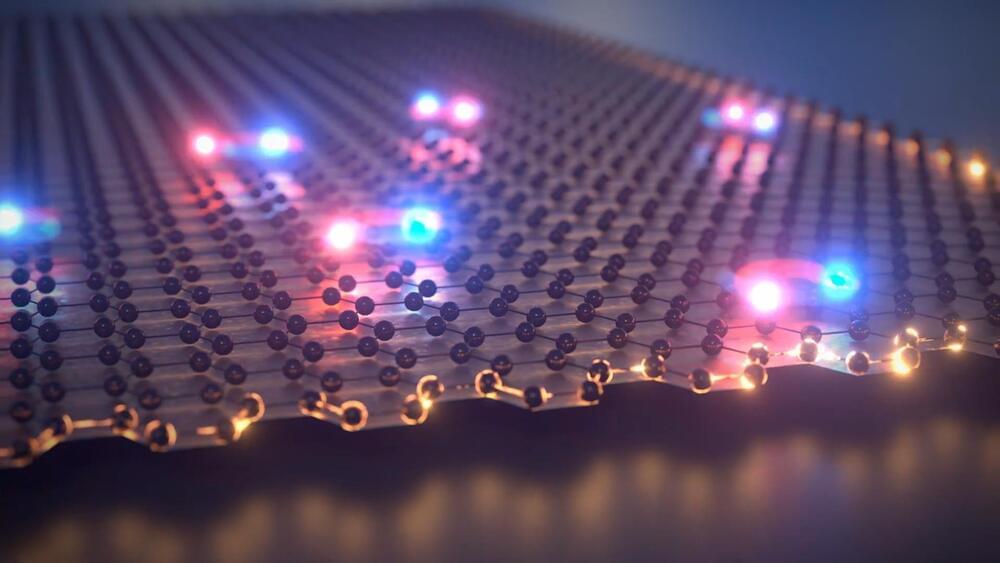Jan 11, 2023
Rice breeding breakthrough could feed billions
Posted by Quinn Sena in categories: biotech/medical, food
An international team has succeeded in propagating a commercial hybrid rice strain as a clone through seeds with 95 percent efficiency. This could lower the cost of hybrid rice seed, making high-yielding, disease resistant rice strains available to low-income farmers worldwide. The work was published Dec. 27 in Nature Communications.
First-generation hybrids of crop plants often show higher performance than their parent strains, a phenomenon called hybrid vigor. But this does not persist if the hybrids are bred together for a second generation. So when farmers want to use high-performing hybrid plant varieties, they need to purchase new seed each season.
Rice, the staple crop for half the world’s population, is relatively costly to breed as a hybrid for a yield improvement of about 10 percent. This means that the benefits of rice hybrids have yet to reach many of the world’s farmers, said Gurdev Khush, adjunct professor emeritus in the Department of Plant Sciences at the University of California, Davis. Working at the International Rice Research Institute from 1967 until retiring to UC Davis in 2002, Khush led efforts to create new rice high-yield rice varieties, work for which he received the World Food Prize in 1996.
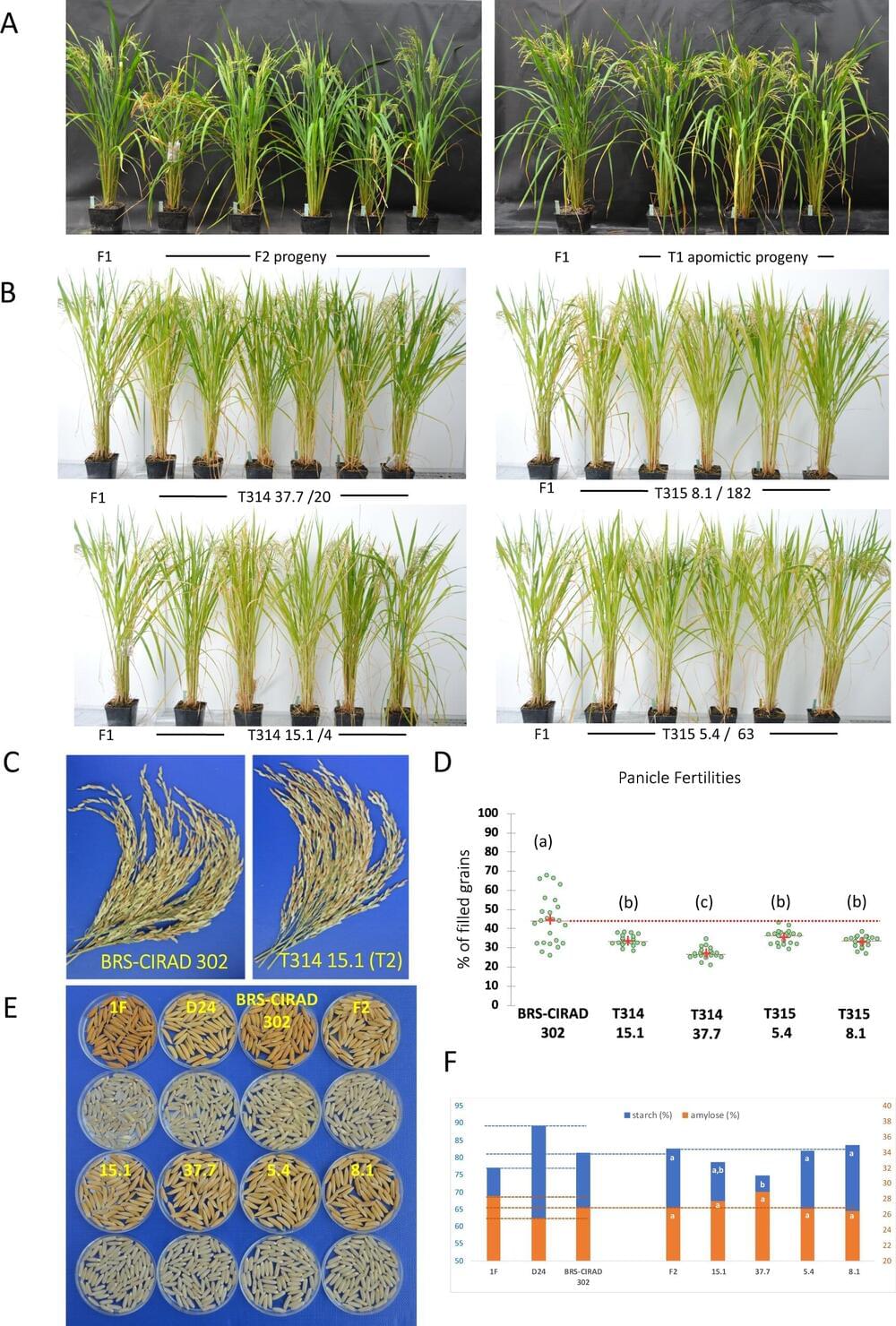
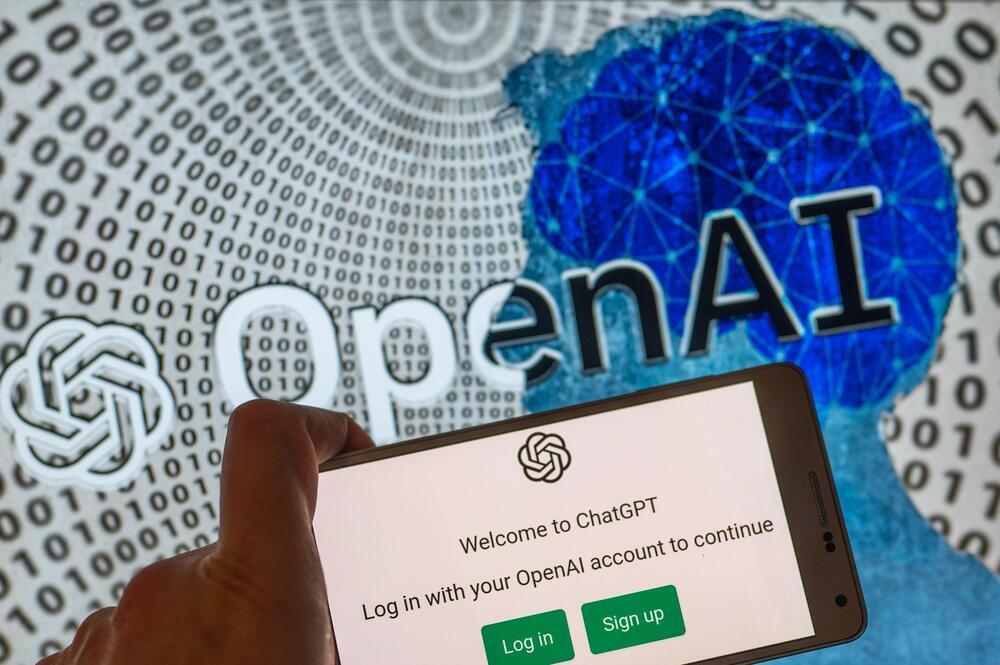

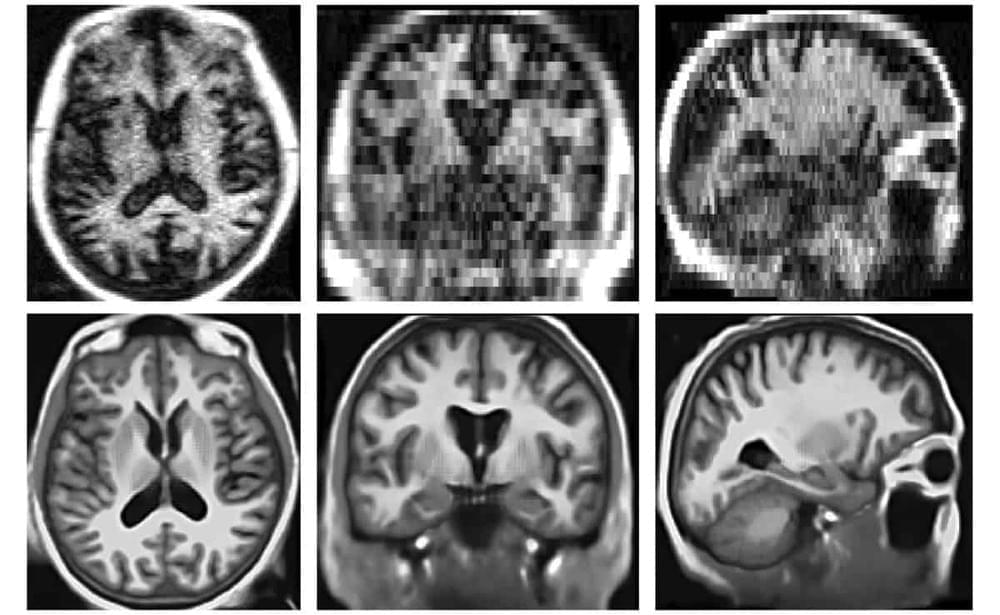
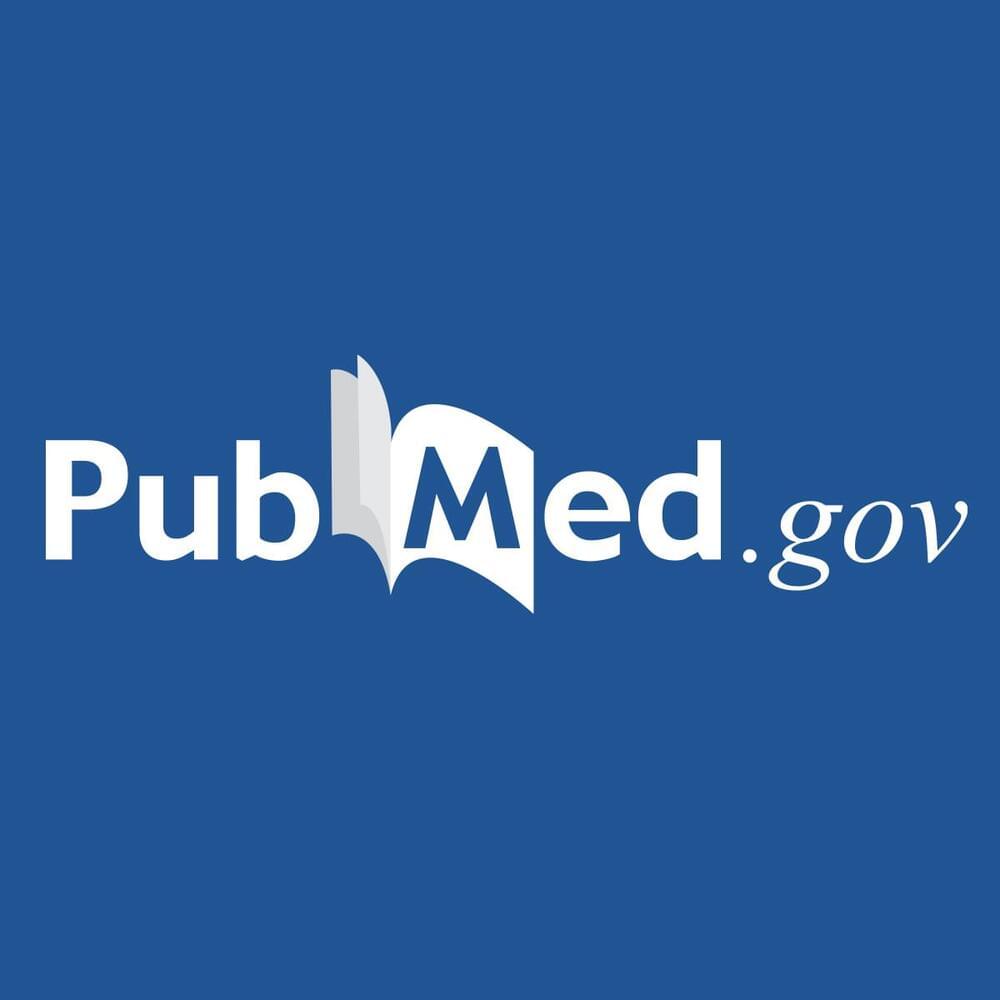
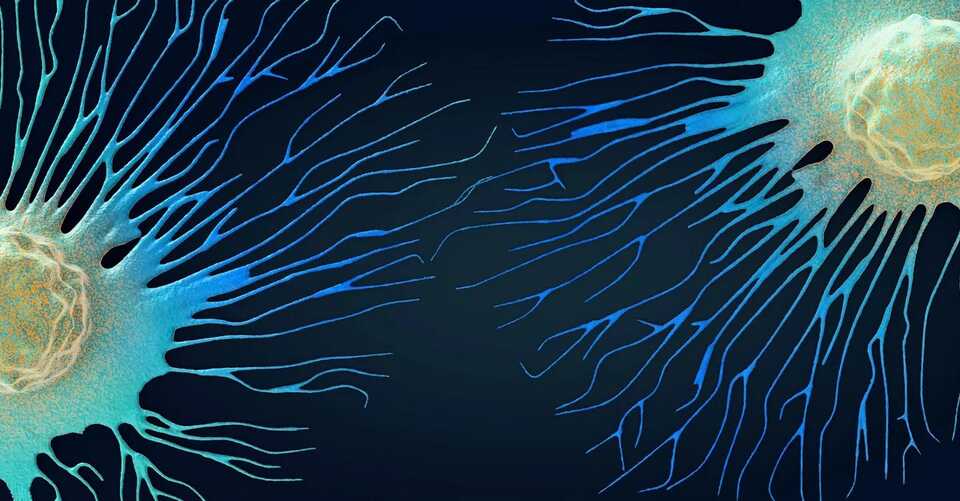
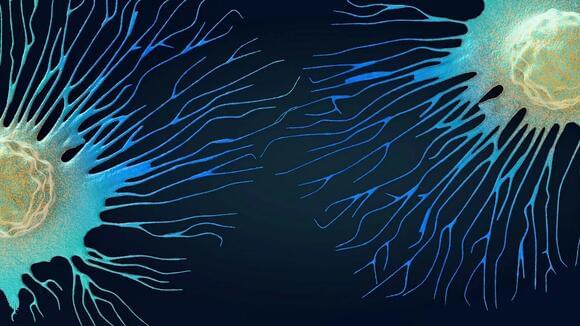 Tumor cells traverse many different types of fluids as they travel through the body. Christoph Burgstedt/Science Photo Library via Getty Images.
Tumor cells traverse many different types of fluids as they travel through the body. Christoph Burgstedt/Science Photo Library via Getty Images.
